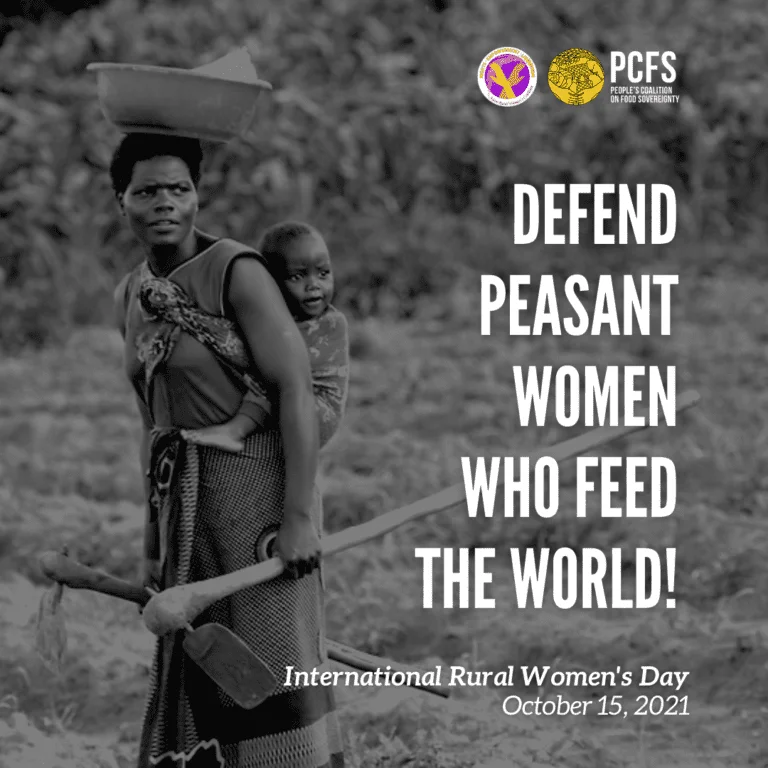Rural Women Fight for Rights in Global Food System
On International Rural Women’s Day, two major groups, the Asian Rural Women’s Coalition (ARWC) and People’s Coalition for Food Sovereignty (PCFS), are standing with female farmers worldwide. These women are defending their land, rights, and dignity against growing threats in what they see as an unfair global food system.
A recent statement from women’s groups across Asia, Latin America, and Africa calls for big changes. They want food systems that respect women farmers’ rights to land and water, support community-led farming, and ensure everyone has access to good, culturally-appropriate food.
Rural women play key roles in farming communities. They save seeds, work the land, lead families, and protect local plants and animals. However, they often face the worst effects of problems like hunger, debt, loss of land, and violence.
A recent report shows that from January to September 2021, seven women were killed, 16 jailed, and five threatened or attacked in land disputes across several countries. The Philippines and Cambodia are noted as particularly dangerous for women land rights activists.
In the Philippines, 44 female farmers have reportedly been killed under the current government. Sixty-five more have been jailed on questionable charges. In Cambodia, three women were arrested for opposing a construction project and reporting on river pollution.
The situation is also serious in other regions. In West Asia-North Africa, Israel has jailed 36 Palestinian women. Globally, an average of four land and environmental defenders were killed per week in 2020, with women facing additional gender-specific threats.
Despite these dangers, rural women continue their work. They’re not just growing food but also trying to change farming systems. They organize communities, challenge unfair laws, and promote environmentally-friendly farming methods.
The article ends with a call for all sectors to support these women farmers, stating that protecting them means safeguarding the future of our food systems.























